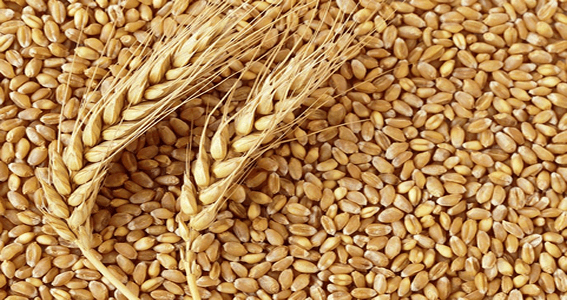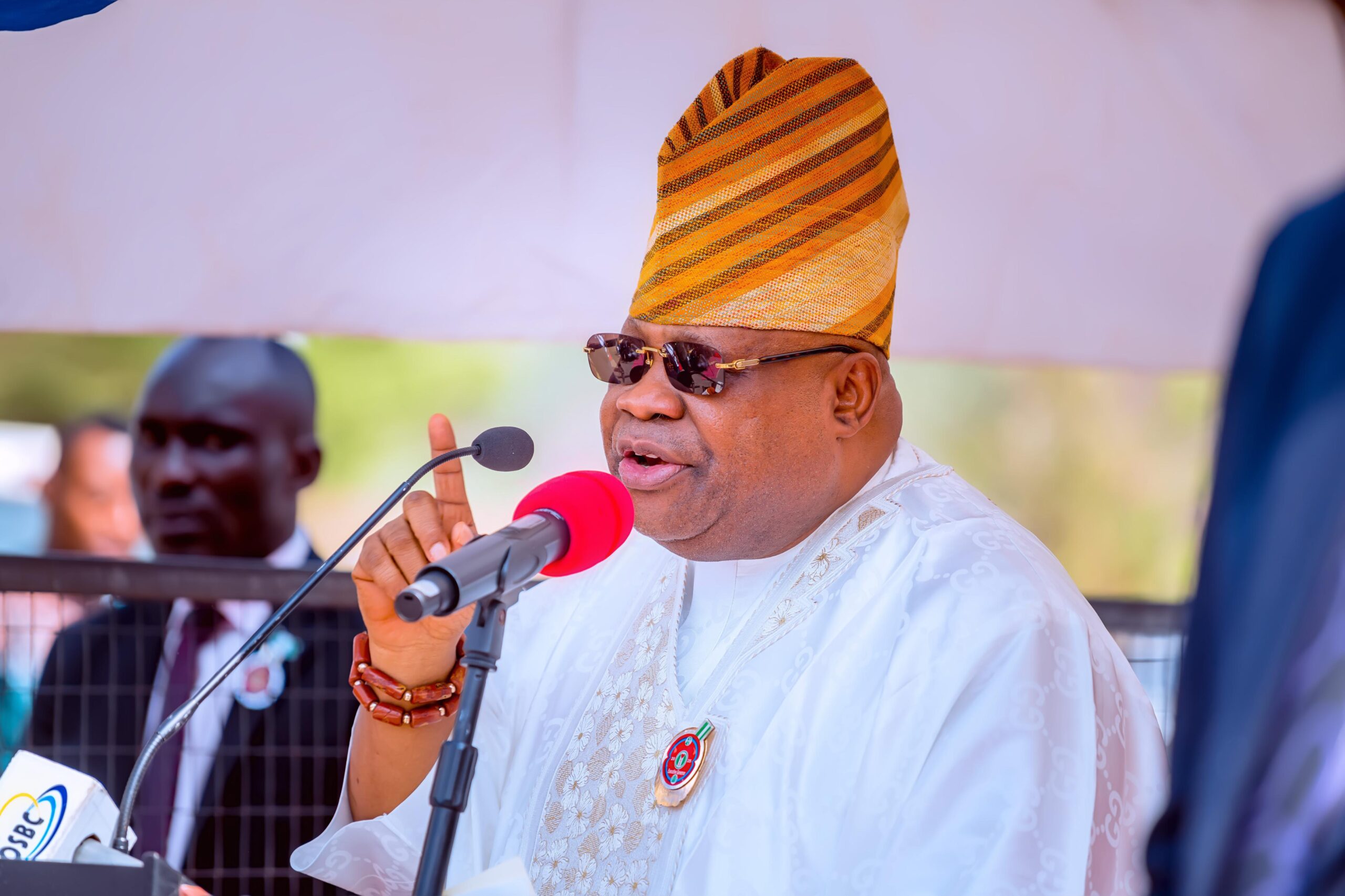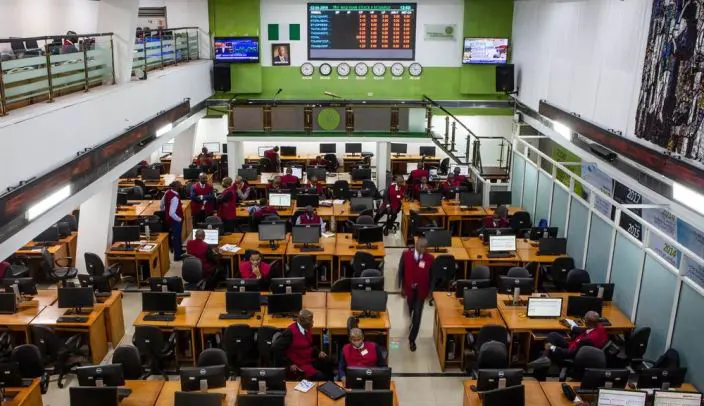Wheat: Millers Move To Cut N450bn Import Spend
Flour Millers Association of Nigeria (FMAN) and wheat researchers have said Nigeria is expected to cultivate 100,000 hectares of wheat, representing five per cent of the $1 billion (N450 billion) yearly budget spent on import in 10 years. The Federal Government had complained that Nigeria spent $6 billion on the importation of wheat into the country between 2016 and 2020.
The millers believe the country still needs to do more in its local seed development to curb the huge foreign exchange (forex) spending on wheat importation. Dr Filippo Bassi, Project Scientist/ Senior Scientist, International Centre for Agricultural Research in Dry Areas (ICARDA), in an interview with New Telegraph in Lagos, said that for Nigeria to reduce forex spending on wheat importation, government needed to buckle up its wheat development policy to make sure right seed variety gets to Nigerian farmers to attain production and sufficiency in the country. According to him, Nigeria needs to do a lot in seed value chain to boost its wheat development in the country.
He said: “It’s a very complex question because on one side, you have the Nigerian government investing along in wheat growth development, so, probably, the biggest event then on the amount of wheat import will come from their investment from large government investment.
“Not let’s forget that we need more industry variety seeds. We also need trains to bring the grains to the millers. We need a lot to bring seeds reactions in Nigeria.
“So, what we are trying to do is to build the capacity of Nigeria.
“So, as the Federal Government is investing from the top, we are investing from the bottom. We are creating capacities on research.
We tried to work with what is called Community-based Enterprises that is something the government has hard time to do because we go there to work in mass land scales. Continuing, the wheat researcher added: “We go to villages. So, if we make the cost of millet to reduce and that is what we are trying to do.
“In reality, in 10 years time, this proj-ect is expected to hitting 100,000 hectares of wheat which represents five per cent of that budget of import, so it’s still relatively small, but if we can do another 400,000 hectares, then 10 years after, we can go for million or more.”
In his reaction, the Country Head of Olam Agri in Nigeria and frontline member of FMAN, Ashish Pande, disclosed that Nigeria was unfortunately not a suitable wheat growing country, saying that it would take a long time to modify various seed varieties to suit the climate condition of Nigeria.
Pande explained: “It is a journey for us and now the country is tropical if you really see and it is not a country which is really extremely rain suited to grow wheat. And having said that we are taking a lead with our set findings, we have to go and modify various seed varieties to suit the climate condition of Nigeria and this is not a small journey.
“There has to be trials at every single stage, and to give any number at this point will be very difficult and all I can say is that in the next six, seven years, when we have substantial seed dissect, certified and finally available to the farmers, I believe we can start making impact in wheat production locally.” Continuing, he added: “Right now, it is like a drop in the ocean and someone needs to pick the job. No doubt, it’s along journey and we as a company could only commit the resources.
“We have committed the resources in terms of technology and basically it means getting the right kind of people on board who are resourceful in this area.
“We are committing the resources by various funds, which we have done. We are trying to commit towards that. We see also committing in the near future and we are not even stopping here we will actually go one step ahead trying to get inputs from exports all over the world, especially country like Australia, which is exporting wheat, and we import technology from there.”
Minister of Agriculture and Rural Development, Mahmood Abubakar, had stated that with the growing population and consumption rate of wheat and its products, Nigeria had no option than to boost its productivity to meet the country’s increasing demand.
Abubakar said: “The wheat industry has been of serious concern to the Federal Government. This is because of the national requirement for wheat, which is 5.7 million metric tonnes annually, while our production is 420,000 metric tonnes.
“The Central Bank of Nigeria Statistical Report 2020 shows that Nigeria imported $6 billion worth of wheat from 2016 to 2020. This is worrisome and unsustainable for a crop that could be produced locally.”













Post Comment